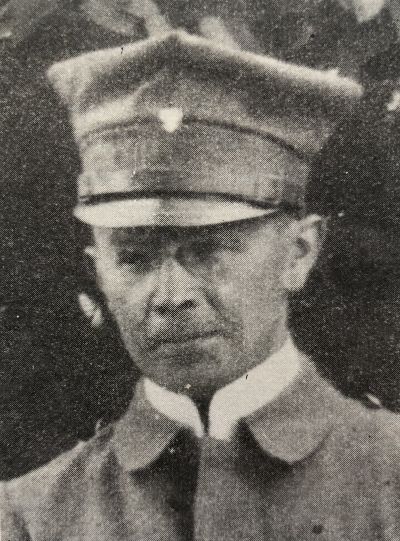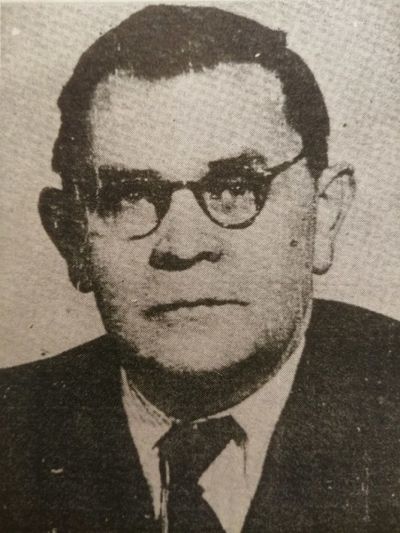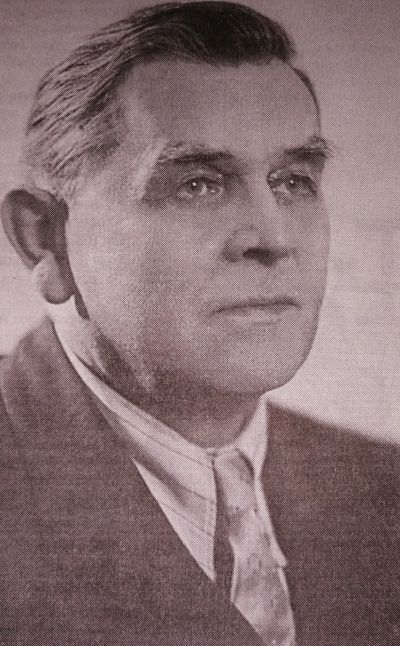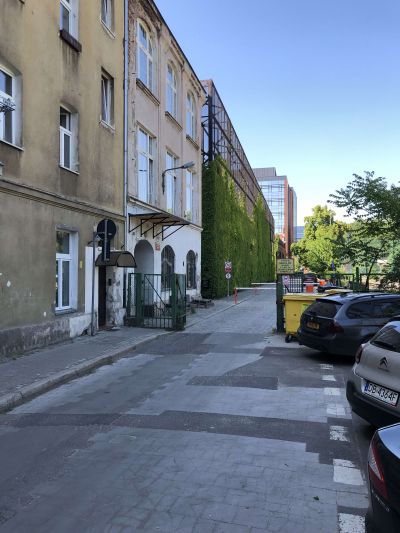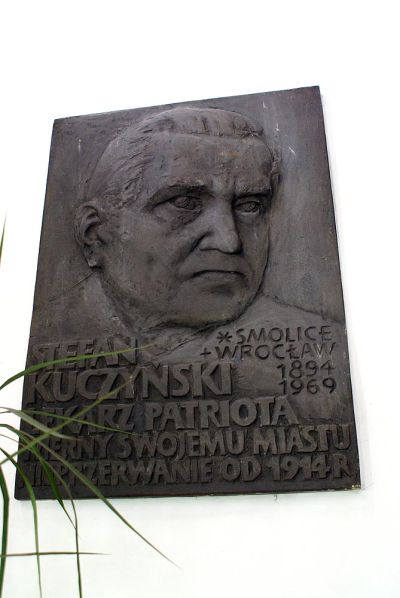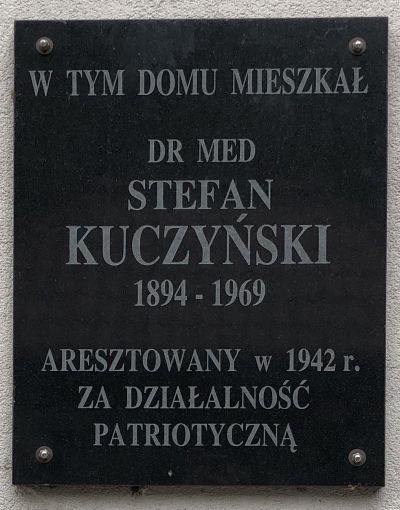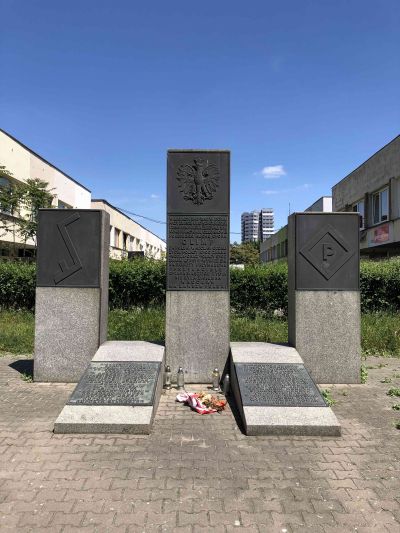Stefan Kuczyński (1894–1969). The “patriotic doctor” from Wrocław

Stefan Ludwik Kuczyński was born on 25 August 1894 in Smolice/Smolitz, the son of Roch and Helena Kuczyński. In Smolice, he attended the primary school before graduating to the intermediate school in Rawicz/Rawitsch. In 1914, he enrolled as a medical student in Wrocław/Breslau. However, his plans were interrupted by the First World War, which broke out during the same year. He was conscripted into the army and after the war ended in 1918, he was assigned to a medical corps operating in the area around Rawicz and participated in the Greater Poland uprising. Prof. Gerwazy Świderski remembers that Kuczyński showed great courage during the fighting, and, particularly impressively, that he participated in the battle for control of the train station in his hometown of Smolice. In 1919, he worked in the general hospital of the Polish Army in Poznań/Posen. Soon afterwards, however, he left his job there and returned to Wrocław that same year to complete his interrupted medical studies. He remained in the city until he died.
The end of the First World War and the years of conflict over the borders of Poland became a driving force for change in Wrocław and Lower Silesia. Stefan Kuczyński was an eager and active participant in the Polish People’s Council (Polska Rada Ludowa), which represented the local Polonia. During this period, he and other activists had two primary goals: keeping national and political awareness alive and helping prepare for the referendum in Upper Silesia.
“The spring of 1921 drew closer and with it, the date of the referendum. The propaganda work grew more intense by the day. We met in the homes of our colleagues [...]” (Gdy Polska..., p. 161).
Stefan Kuczyński was also active in other areas. At the request of the medical student Halina Szuman, he began working at the Polish “little school”, which at that time was located in Enderstrasse 8 (today: Ulica Henryka Pobożnego). Shortly afterwards, lessons were moved from a private apartment to a building in the Neue Gasse (today: Ulica Nowa). The building was in very bad repair, and presented the school with new challenges. Kuczyński helped with the renovation and, among other things, worked to restore the library. He took on responsibility for caring for the “little school” and the library, procured a heater and crafted school benches himself, since there were not enough for all the children. He also designed teaching materials himself for the history and geography lessons. During this time, he also worked in the People’s Library (Biblioteka Ludowa) and in the Polish referendum bureau (Polskie Biuro Plebiscytowe) and continued his studies, for which he was awarded a scholarship from Karol Marcinkowski, as Prof. Gerwazy Świderski reported:
“Marcinkowski was a mentor and role model for Dr. Kuczyński. Kuczyński also had Marcinkowski to thank for his scholarship. It was he who founded ‘Polonia’, a philomathic society whose activities contributed greatly to the promotion of academic study in Poznań. The main purpose of the organisation was fundamentally to provide scholarships to students at the universities of Breslau, Berlin, Dresden, Freiburg and Greifswald.” (Doktor medycyny, p. 15)
In 1924, Kuczyński completed his studies and began working as a physician. During the Second World War, he put himself at risk by helping the Polish forced labourers who came to Breslau. He issued them doctor’s notes which enabled them to be assigned less physically demanding work. One of these workers, Felicyta Podlak-Damczyk, who came into contact with him in Breslau in 1941, remembered him as follows:
“Dr. Kuczyński […] spoke less about my state of health, but rather talked for a whole hour about the ruins of Polish culture in Breslau, about where to find the history of Wrocław, and about the work of the Polonia living here. […]” (Polska grupa konspiracyjna, p. 16)
